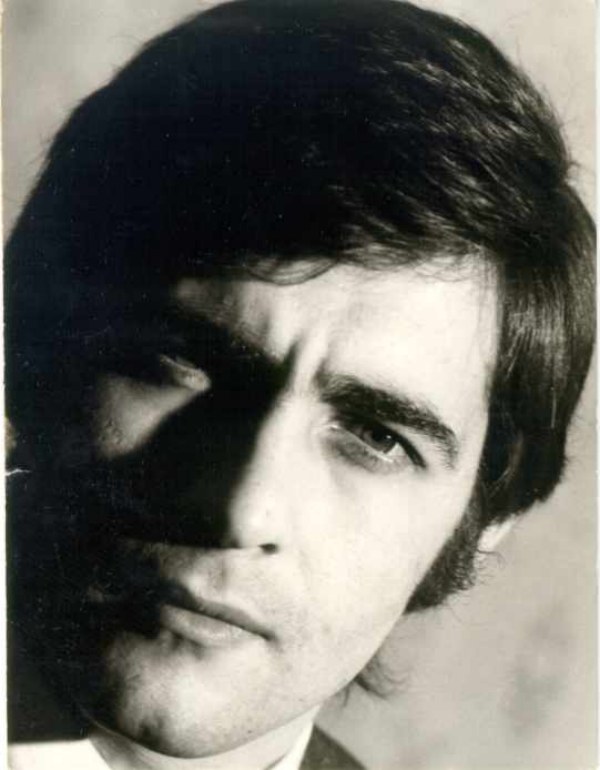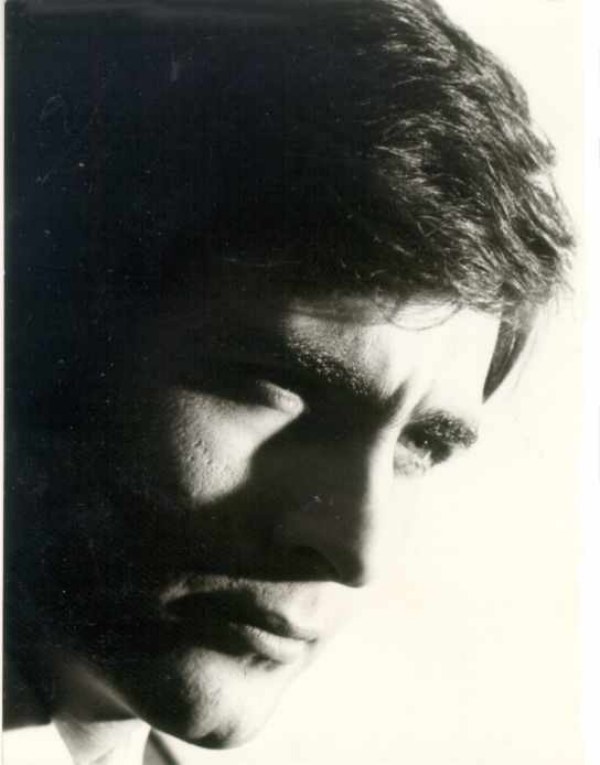Know more:
José Luís Gordo
(N. 13 April, 1947)José Luís was born in the Alentejo in Vila de Frades (Vidigueira), on the 13 April 1947, although the birth certificate states his birth on the 26 July.
At 13 he moved to Lisbon as employee at the then famous Casa Quintão (no longer extant) who sold Arraiolos rugs.
At night José Luís Gordo he continued his studies at the business course of Escola Veiga Beirão. Meanwhile he listened to Fado, at first in fado house “Viela” at Rua das Taipas, which no longer exists.
He began writing "that kind of poetry that kids usually write ". At 17-18 he took a more serious approach to his writing.
His first poem for fado had the title "Há Tanta Amargura, Tanta" and was intended for Beatriz Ferreira. It ended up being performed by another fado singer, Maria da Fé, who then performed at “Taverna do Embuçado” and would become his wife.
For many years he composed his poems under pseudonym Luís Alcaria. He explains why:
"At that time I was doing Theatre and Cinema and, to speak frankly, my name was not exactly the best for an artist ... Back in my hometown there is a mountain called Serra de Alcaria and so I thought it made sense to be known as Luís Alcaria."
Later on, "as no-one should be ashamed of his name" he finally presented himself as Refachinho Gordo, as a good person from Alentejo should...
A great admirer of José Carlos Ary dos Santos, he acknowledges his influence on his writing. Vasco de Lima Couto is another special poet for him, like Natália Correia. José Luís Gordo considers that the great poets of Fado were Gabriel de Oliveira, João Linhares Barbosa, Carlos Conde, Joaquim Frederico de Brito, "Britinho" or the "Poeta Chauffeur" – all of them following the example of the great Linhares Barbosa.
He has written approximately 300 poems, most of them sung and recorded by Maria da Fé who gets the vast majority of the originals. Then come António Melo Corrêa (already dead) and Ada de Castro. Many others however sing his poems, namely Maria Armanda, Fernando Maurício, Carlos Zel, Camané, Filipe Duarte, Carlos Macedo, Maria da Nazaré, Argentina Santos, Lina Maria Alves, Maria Jô-jô, Celeste Rodrigues, José Manuel Osório, Marina Mota, Nuno de Aguiar, Vasco Rafael (already dead), Lenita Gentil, Alexandra, Jorge Fernando, Machado Soares, Paulo Saraiva, Maria Dilar, Manuel Azevedo Coutinho, Odete Santos, Tina Santos, João Chora, Cristina Branco, Mariza, Ana Moura, etc. etc.
In 1975 José Luís Gordo opened restaurant “Senhor Vinho”, at Rua das Trinas. In 1981 "the space was becoming too small" and he moved to Rua do Meio à Lapa, also in the old Lisbon district of Madragoa. Today “Senhor Vinho” is one of the best Fado houses in Lisbon. His love for fado atmospheres had led him to buy the old “Solar da Hermínia” in 1980, once owned by the great Hermínia Silva, and in the 1990’s he became a partner of restaurant “O Faia” but eventually gave up.
Of his vast poetic work, special reference should be made to "Até Que a Voz Me Doa", a true phenomenon of popularity, sung by Maria da Fé. According to the poet, Maria da Fé is his inspiring muse -- “I think a lot about her when I am writing”. José Luís Gordo is married to Maria da Fé and has two daughters.
In May 1999 the Casa do Fado e da Guitarra Portuguesa paid him tribute, thus honouring the "Fado poets" who still remain active.
In 2004 he published "Recados ao Fado", an anthology that gathers part of his poetry, including recorded and unpublished poems.
In recognition of his career, in 2005 the municipality of Vidigueira paid tribute to José Luís Gordo and he received the Municipal Honour Plate. Also in 2005 he was granted the Amália Rodrigues Award for the Best Fado Poet.
In 2008 he won the Grande Marcha de Lisboa contest, with theme “Lisboa de Camões, Vieira e Pessoa” (music by Arménio de Melo).
Source:
Catálogo da “I Grande Gala dos Prémios Amália Rodrigues”, Teatro Municipal de S. Luís, 18 October 2005.


-
Até Que a Voz Me Doa Maria da Fé (José Luís Gordo / Fontes Rocha)